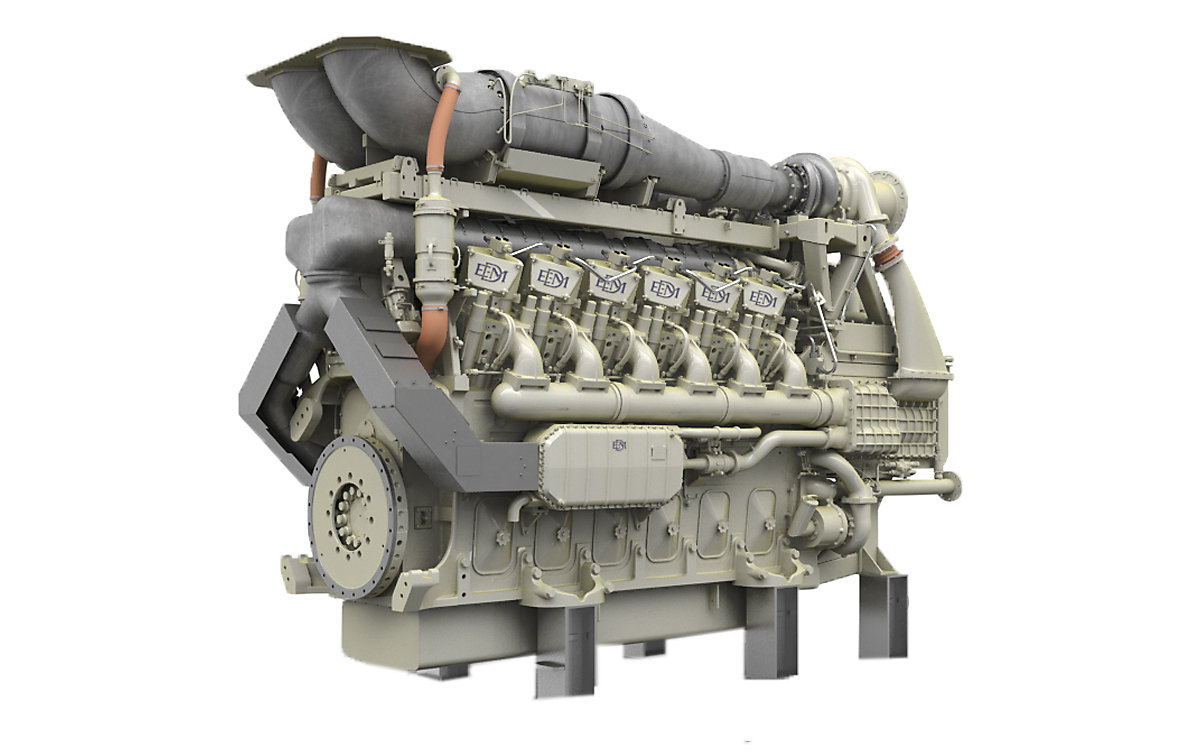Discover High-Quality Imports with Engines For Africa
Discover High-Quality Imports with Engines For Africa
Blog Article
A Complete Guide to Selecting the Right Engine for Your Task
Choosing the ideal engine for your project is an essential decision that can significantly influence its general success. Each of these elements plays an essential role in making sure that your chosen engine not just satisfies immediate purposes yet additionally lines up with long-term desires.
Define Your Project Demands
Defining your job requires is a vital action in picking the proper engine for effective application. A detailed understanding of your project's purposes will guide you in determining the attributes and capacities needed from an engine. Begin by detailing the extent of your job, consisting of the wanted performance, target market, and the certain end results you intend to accomplish.
Next, take into consideration the technical requirements that align with your project objectives. This consists of examining the compatibility of the engine with existing systems, in addition to the shows languages and frameworks that will be utilized. Additionally, evaluate the degree of scalability needed to fit future development or adjustments in need.
Budget restrictions likewise play an essential function in specifying your job needs. Develop a clear economic framework to lead your decision-making process, making certain that the engine picked fits within your spending plan while offering the required functionality.
Evaluate Performance Needs

Following, take into consideration the scalability of the engine. Analyze whether it can handle increased workloads as your project expands. Engines that support horizontal scaling are often more effective for bigger applications. In addition, review the engine's efficiency under different problems, such as peak use circumstances, to ensure it satisfies your dependability requirements.
Think About Simplicity of Use
While technical specifications are crucial, the convenience of use of an engine can significantly influence the development process and general task success. An user-friendly user interface, clear documentation, and streamlined operations can drastically reduce the discovering curve for developers, allowing them to focus on creativity and problem-solving instead of grappling with complicated tools.
When reviewing an engine's convenience of use, take into consideration the onboarding experience. A well-structured introduction, complete with tutorials and sample projects, can assist in a smoother change for brand-new customers. Furthermore, the clearness and comprehensiveness of the engine's documents play an important duty; thorough overviews and API recommendations can empower designers to repair and execute features efficiently.
Another aspect to think about is the engine's personalization capacities. An engine that permits for very easy modifications can be more easy to use, as developers can tailor it to fit their details demands without considerable inconvenience. Examine the workflow integration with devices and systems you currently make use of. A cohesive community can boost performance and decrease rubbing throughout the development process. Eventually, choosing an engine that focuses on simplicity of use can bring about an extra effective and pleasurable advancement experience.
Assess Neighborhood and Assistance
The toughness of an engine's community and assistance network can considerably affect a programmer's experience and success. A vivid neighborhood often shows a riches of common knowledge, sources, and troubleshooting assistance that can boost your job's advancement process. When analyzing an engine, think about the dimension and task degree of its community. Larger communities usually provide a lot more discussion forums, tutorials, and third-party plugins, allowing programmers to discover remedies much more successfully.
In addition, assess the schedule of main support channels. Reputable documents, receptive customer assistance, and routine updates are essential for attending to technological issues and keeping your job on track. Engines For Africa. Active communities additionally foster cooperation, providing chances for networking and feedback, which can be very useful, particularly for independent designers or little groups
Furthermore, explore the visibility of community-run occasions, such as hackathons or meetups. These gatherings can enrich your understanding of the engine anonymous while connecting you with knowledgeable users and prospective partners. In summary, a durable neighborhood and support group not just streamline growth however also create an atmosphere favorable to discovering and technology, inevitably improving the likelihood of your task's success.
Compare Expense and Licensing Choices
Budget factors to consider play a vital function in choosing the best engine for your task, as the price and licensing options can substantially impact both short-term costs and long-lasting practicality. Engines For Africa. view it Various engines use varying prices frameworks, which can include single acquisition fees, subscription models, or revenue-sharing contracts based on your task's earnings

Accrediting choices likewise vary substantially. Some engines are open-source, offering adaptability and community-driven assistance, while others might need proprietary licenses that limit usage and circulation. Comprehending the implications of each licensing model is crucial, as it influences ownership rights, future scalability, and potential legal obligations.
Final Thought
To conclude, choosing the proper engine for a task demands an extensive examination of defined project requirements, performance needs, convenience of usage, neighborhood support, and cost considerations. By systematically dealing with these essential variables, decision-makers can ensure positioning with both present and future project demands. A knowledgeable selection ultimately enhances the probability of project success, enabling efficient resource allotment and taking full advantage of prospective results within the pop over to this web-site specified financial restrictions.
Selecting the appropriate engine for your task is an important decision that can dramatically impact its total success.Defining your job needs is an important step in selecting the suitable engine for effective application. A detailed understanding of your project's purposes will certainly lead you in identifying the functions and abilities needed from an engine.When you have a clear understanding of your job needs, the next step is to evaluate the efficiency demands of the engine.In verdict, selecting the proper engine for a project requires a thorough assessment of specified task demands, efficiency requirements, simplicity of usage, area assistance, and cost factors to consider.
Report this page